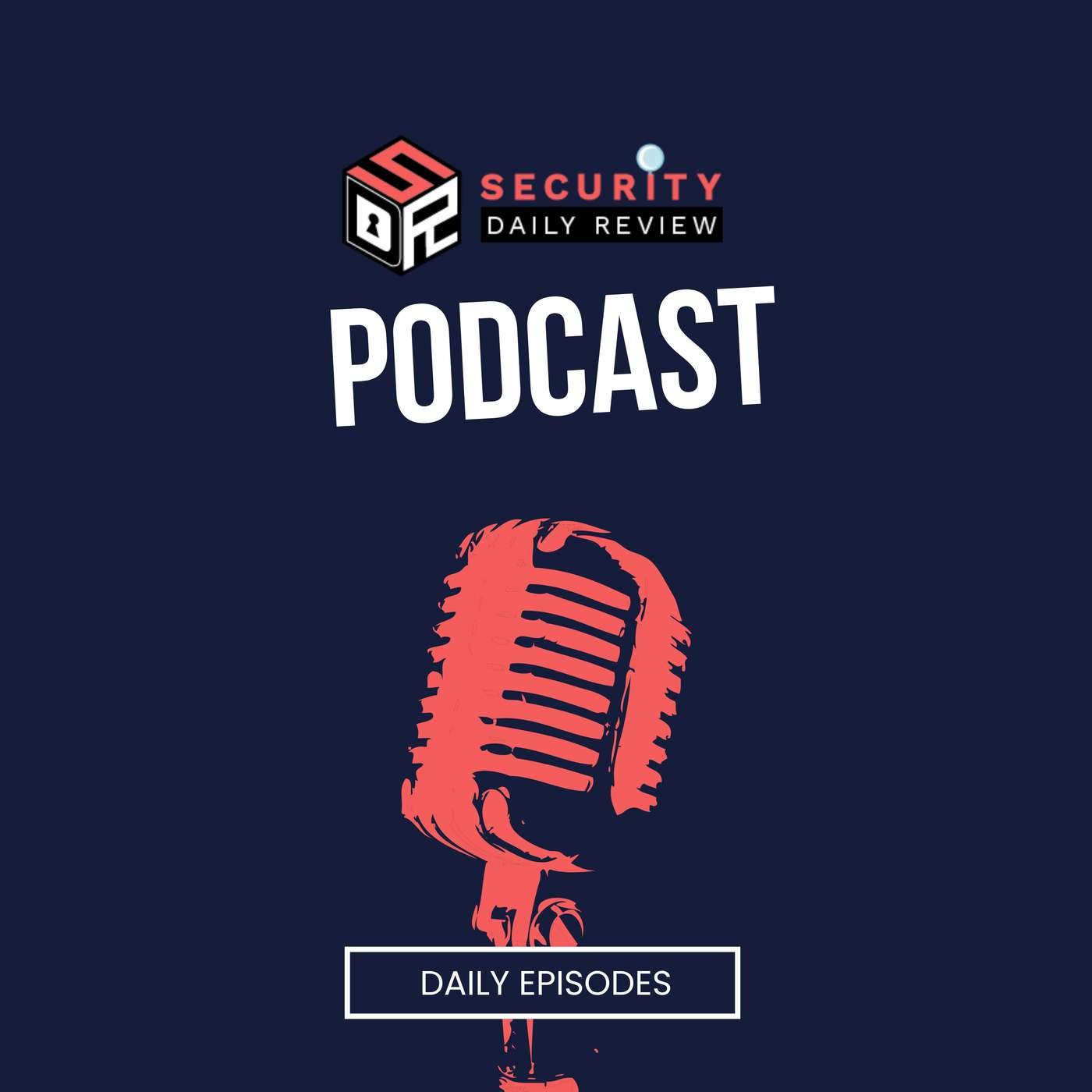The U.S. healthcare sector continues to face relentless cyberattacks, and rural hospitals are increasingly at the center of this crisis. The recent Aspire Rural Health System breach in Michigan—attributed to the BianLian ransomware group—exposed the personal and medical data of nearly 140,000 patients and staff. From Social Security numbers and financial accounts to detailed medical histories and biometric identifiers, the scale and sensitivity of the compromised information make this one of the most damaging healthcare data breaches to date.
This episode dives into the attack timeline, how BianLian infiltrated Aspire’s systems, and why rural hospitals have become prime targets for cybercriminals. Unlike traditional ransomware, BianLian has shifted to data exfiltration and extortion, stealing sensitive information rather than encrypting systems. The consequences are far-reaching: patients now face the risk of medical identity theft, operational disruption has jeopardized patient care, and the financial burden for Aspire is immense—part of a broader trend where healthcare remains the costliest industry for data breaches, averaging over $10 million per incident.
We’ll also explore why rural hospitals are particularly vulnerable: outdated IT systems, scarce resources, and struggles to implement even basic security practices like multi-factor authentication and patch management. The Aspire breach highlights not only technical weaknesses but also the human cost—delayed care, patient anxiety, and erosion of trust in healthcare institutions.
Listeners will hear about recommended steps for individuals affected by the breach, including credit monitoring, fraud alerts, and vigilance against phishing scams. For healthcare organizations, we outline practical defenses: enforcing MFA, encrypting protected health information, conducting vulnerability scanning, securing privileged accounts, and building tested incident response plans. Regulatory updates to HIPAA security rules, aiming to make controls like MFA mandatory, further underscore the urgency.
Finally, we highlight collaborative solutions like Microsoft’s Cybersecurity Program for Rural Hospitals and its Rural Health AI Lab (RHAIL), offering free assessments, training, and tools to strengthen defenses. With cybercriminals increasingly targeting rural healthcare, the question is no longer if, but when the next attack will strike.
#Cybersecurity #Healthcare #Ransomware #BianLian #AspireHealth #RuralHospitals #DataBreach #MedicalIdentityTheft #HIPAA #Microsoft #MFA #PatientSafety #HealthcareIT #CyberResilience







